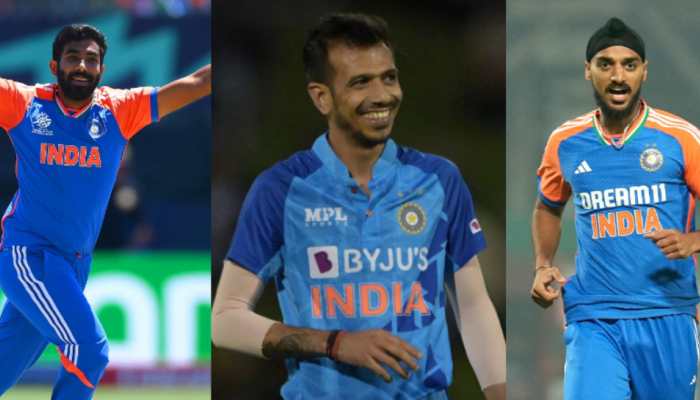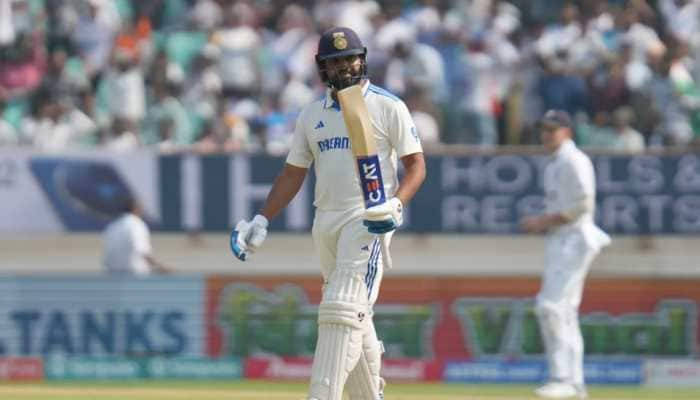World Health Organisation calls for national framework to address health issues in India
As the Centre and states are at varying levels of development, there is a need to be cognisant of this reality.
Trending Photos
)
New Delhi: Health issues in India are a highly debatable topic and one that needs urgent attention, primarily because of the way the problem is eating its way into the system.
The threat to health in India, in general, is devastating. Especially after the country has made such game-changing advancements in technology, it's a blow to see it go down in the health department.
The World Health Organisation (WHO) seems to have observed the downward trend too as it has emphasized the need to establish a national framework defining roles of the Centre and the states to address health issues and ensure convergence and portability.
This will also give the states the flexibility and freedom to choose their own path and progress at their own trajectory, says WHO Representative Dr Henk Bekedam.
"Diversity and equity are the two most crucial aspects of large economies like India. It is important to recognise diversity and also different health needs necessitate different approaches. Health is a state subject in India. As the Centre and states are at varying levels of development, there is a need to be cognisant of this reality," Bekedam told PTI.
"It will therefore be important to agree on a vision for the health sector and develop a national framework that defines roles of the Centre and the states. The agreed framework will help ensure convergence and portability. This will also give the states the flexibility and freedom to choose their own path and progress at their own trajectory," he elaborates.
Praising the Centre's role in adopting several policies such as the Draft National Health Policy 2016, the National Health Mission among others, the WHO official said it should focus on positioning health higher on its agenda with a greater investment in the public health sector.
The country should also accelerate effective financial protection, protection from diseases, fast-tracking the Sustainable Development Goal 3 (SDG3) agenda and a strong monitoring and evaluation (M&E) system, Bekedam, who took charge as the UN body's representative to India in 2015, said.
On whether the objectives of the National Health Mission pertaining to the Universal Access to Equitable, Affordable and Quality Healthcare Services was achievable or not, he sounded positive reiterating on the need a framework for it.
"The objectives are achievable but what is needed is a clear framework of accountability and programmatic adjustment based on progress made. The vision to achieve 'health for all' is possible - but for this, the process needs to be owned and led by the country."
On the WHO's role in helping India implement the Universal Health Coverage (UHC), Bekedam says, "UHC is an overarching umbrella and key to achievement of all SDG-3 targets and intrinsically linked to reducing poverty and inequities. We are working closely with the government in this area and will continue to share global best practices and lessons learnt from other countries."
He hails India's attainment of polio-free status as one of the biggest achievements in the annals of public health.
"While retaining the essential polio functions of surveillance, outbreak response and containment, we will, in consultation with the government, provide support to address new and emerging public health priorities," Bekedam says.
(With PTI inputs)
Stay informed on all the latest news, real-time breaking news updates, and follow all the important headlines in india news and world News on Zee News.
Live Tv







)
)
)
)
)
)
)
)
)
)
